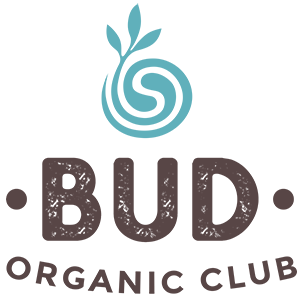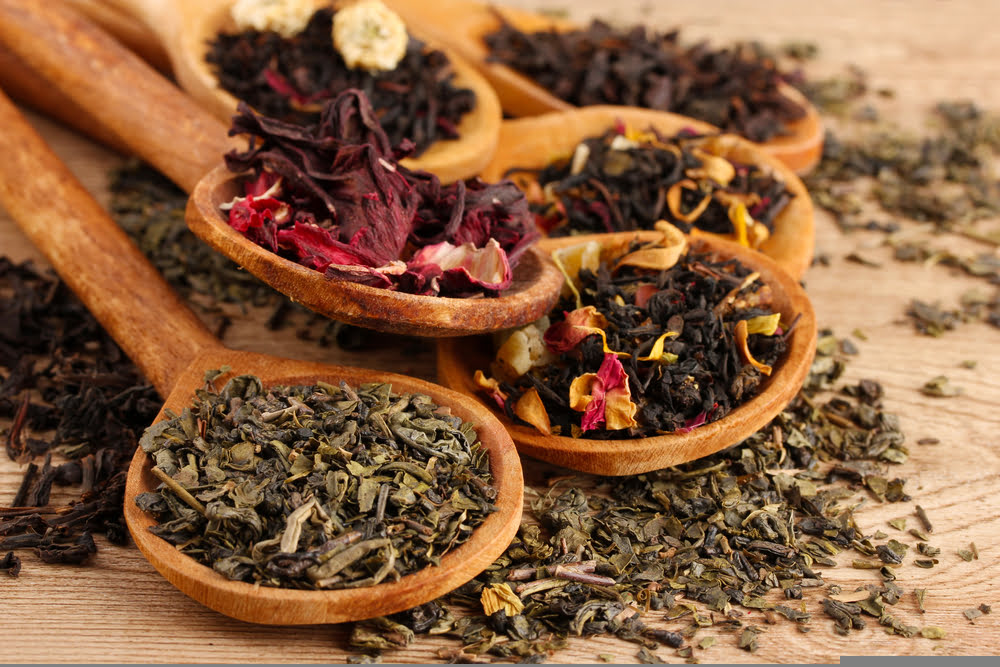Did you know that tea is the second most consumed drink in the world after water[1]? There are numerous (and an ever-growing number of) studies documenting the health benefits of this virtually calorie-free drink. But what is the difference between organic tea and non-organic tea?
Organic Tea vs non-organic Tea
Tea can be any hot drink made by infusing dried plants with boiling water. As such, how the plants in your tea are grown becomes even more important. Organic tea comes from fields that do not use synthetic fertilisers, pesticides or toxic preservatives. Farmers work harmoniously with local conditions and adapt to the natural cycles of the land, choosing compost over synthetic nitrogen and promoting beneficial insects over pesticides.
“Pesticides with your cup of tea, miss?”
Pesticide levels are significantly higher in non-organic agriculture[2], and even more so in dehydrated products like tea, where the drying process can concentrate residues[3]. Unlike vegetables that consumers can wash, any toxic pesticide residues on the leaves will be directly ingested with the tea. Organic certifiers test organic products for any type of prohibited substance residue including pesticides, GMOs, antibiotics, heavy metals, and pathogenic organisms.
Other Benefits of Organic Tea
- It’s healthier, period. Minus the pesticides, research also shows that organics are higher in nutrients compared to non-organic.[4] Organic teas also have more antioxidants and less heavy metals[5]. [6]
- Happier soil. Healthy soil is the foundation of our global food systems. Organic farming contributes to soil health with all its regenerative goodness.
- Promotes biodiversity. [7] Organic farms improve biodiversity by as much as 30%![8] Organic farmers encourage diverse ecosystems, beneficial insects and nature areas to support biodiversity.
- Climate-smart. Organic farms sequester more carbon in the soil, use less energy, reduce greenhouse gas emissions and have less nitrogen pollution than non-organic.[9]
- Socioeconomic benefits for farmers. A lot of tea is grown in warmer climates and is labour intensive given it is often still handpicked. A recent study showed that organic certification significantly increased smallholder farmer income compared to non-organic,[10] empowering growers and community.
So next time you’re out shopping for tea, look for certified organic logos such as the Bud logo. By choosing certified, you are investing in your own health and the health of the planet, as well as supporting your tea farmers and supply chain producers.
Little known facts…
● Australia is currently the only developed country where there is still no domestic regulation around the use of the word ‘organic’
● Products can claim to be organic even if as little as 2% of the ingredients are certified organic
[1] Available at: https://www-sciencedirect-com.ezproxy.library.uq.edu.au/science/article/pii/S0956713519301884#sec4
[2] Available at: https://doi.org/10.3390/nu11061361
[3] Available at: https://www.ncbi.nlm.nih.gov/pmc/articles/PMC3907644/
[4] Available at: https://www-liebertpub-com.ezproxy.library.uq.edu.au/doi/epdf/10.1089/107555301750164244
[5] Available at: https://www.ncbi.nlm.nih.gov/pmc/articles/PMC4141693/
[7] Available at: https://doi-org.ezproxy.library.uq.edu.au/10.1007/s11355-021-00454-x
[8] Available at: https://besjournals.onlinelibrary.wiley.com/doi/full/10.1111/1365-2664.12219
[9] Available at: https://organic-center.org/sites/default/files/publication_files/the_benefits_of_organic_spices_herbs_and_teas.pdf
[10] Available at: https://www.sciencedirect.com/science/article/abs/pii/S0305750X15002089
Organic Tea Glossary
GMOs: A genetically modified organism (GMO) is an animal, plant, or microbe whose DNA has been altered using genetic engineering techniques.
Heavy metals: The term heavy metal refers to any metallic chemical element that has a relatively high density and is toxic or poisonous at low concentrations. Examples of heavy metals include mercury, cadmium, arsenic, chromium, thallium and lead.


